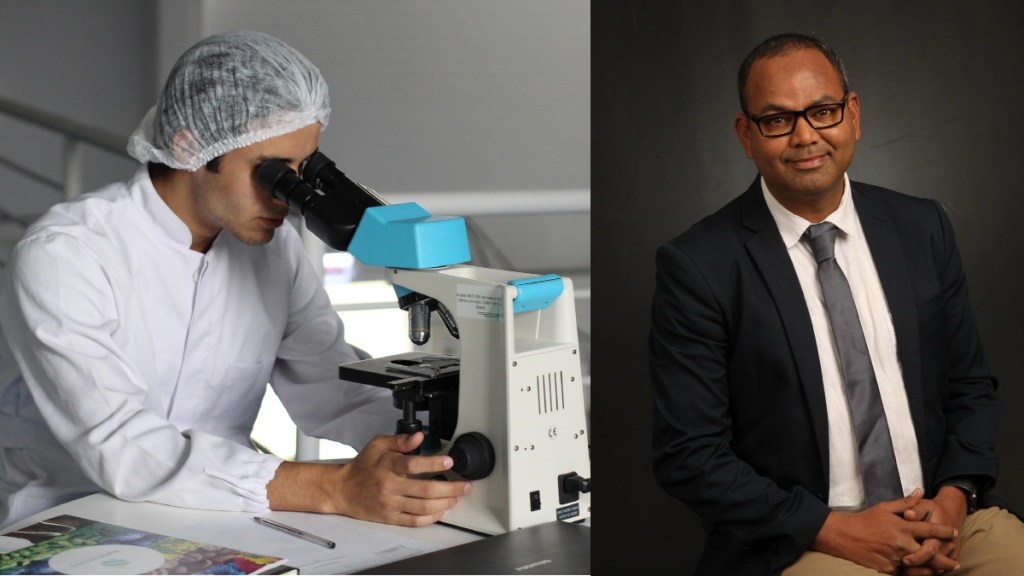The Pharmacy Council of India (PCI) is shifting to a 5-year PharmD programme to bring its curriculum in line with the entry-level PharmD standards in the United States and help ease the pharmacist shortage in Indian hospitals. This change also fulfills the National Association of Boards of Pharmacy (NABP) requirement, which mandates five years of pharmacy education for foreign graduates to be eligible for the Foreign Pharmacy Graduate Equivalency Examination (FPGEE).
Experts see the Pharmacy Council of India’s (PCI) push to modernise pharmacy education through curriculum reforms as a potential turning point for the profession in the country. Akram Ahmad, a global authority on pharmacy education and founder of the ed-tech platform Academically Global, is a strong proponent of introducing a 5-year integrated pharmacy programme—akin to the MBBS and BDS models in medical education.
Ahmad argues that India’s current 4-year B.Pharm programme puts graduates at a disadvantage when pursuing licensure in countries like the USA, Ireland and Saudi Arabia. He says the proposed additional year would allow for essential upgrades, including deeper clinical integration with a focus on pharmacotherapy and patient care. It would also enable the incorporation of Objective Structured Clinical Examinations (OSCEs), which better evaluate hands-on skills and communication—areas where Indian pharmacy graduates often struggle.
The fifth year, Ahmad suggests, could offer specialised tracks in clinical practice or industrial pharmacy, helping students sharpen their expertise after building a strong foundation. Such a structure, he believes, would not only align India with global standards but also equip graduates for a wider range of career paths.
He emphasises that these reforms could elevate India’s status in pharmacy education and practice, ultimately benefiting public health. Committed to supporting this transition, Ahmad has offered to collaborate with Indian regulators, providing comparative insights and international data to aid in policy development.
This curriculum overhaul comes at a pivotal time, as India’s pharmaceutical industry continues to grow on the global stage. By aligning with international education standards, India can enhance the global competitiveness of its pharmacy graduates while strengthening the quality of pharmaceutical care at home. The proposed reforms also reflect the evolving role of pharmacists as integral members of healthcare teams, requiring more comprehensive and practical training to meet expanding responsibilities.
